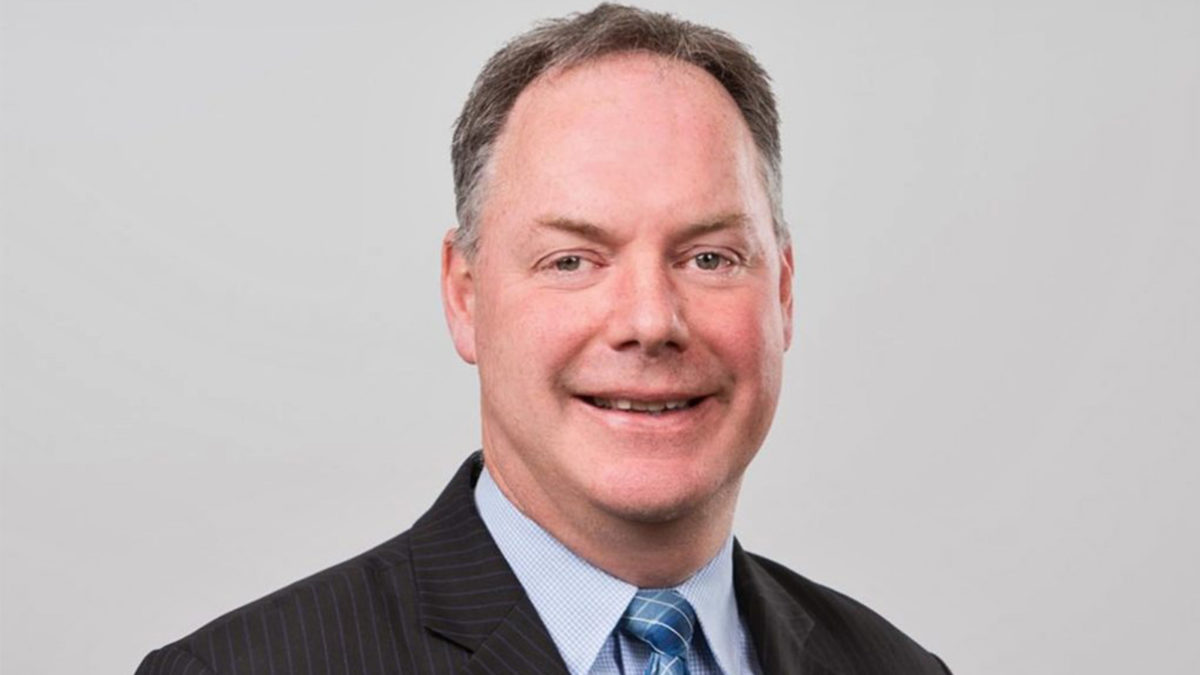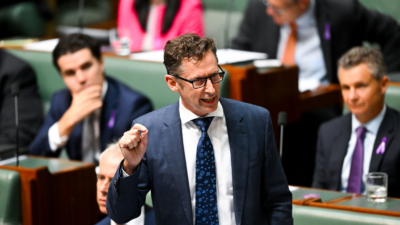The Future Fund is thinking of restarting its active equity programs with investments in small caps, according to CEO Raphael Arndt, but commentators are split on whether it will find the returns it needs.
Members back the idea of industry funds and the government working together on nation-building projects – if the returns stack up. Convincing them that they actually do will be key.
Private markets were the main driver of superannuation fund performance for 2022, according to Frontier, but only a few of this year’s top 10 funds feature in the league tables over the last decade. And the YFYS test is still creating anomalous outcomes.
A BlackRock survey of institutional investors has found the growing appetite for private markets is dampened only by liquidity concerns. Meanwhile, its strategists warn that the efficacy of the classic 60/40 portfolio is waning.
The meltdown of Silicon Valley Bank is “an early step” towards a more rational market environment, according to Howard Marks, but new problems might arise from bank exposure to commercial real estate.
Australian super funds can probably learn a bit about retirement from the tiny, adaptable Cook Islands National Superannuation Fund. And a host of Pacific funds are also working on their own collaborative approach to investing in the region.
UniSuper’s mandate to Revolution Asset Management shows how important private debt is becoming to super funds as their member base matures. It also has its roots in the merger with Australian Catholic Super.
There will likely be more changes to the controversial Your Future Your Super regulations following the “initial response”. Meanwhile, the government is pressing on with super fund involvement in nation-building projects.
Mercer Super wants to break down the long-held perception that only the industry funds can offer strong performance with competitive fees. Its newfound scale and global footprint are key to the “disruption opportunity”.
Neurodiversity is poorly understood in the world of finance. Women in Super and neurodiversity advocates are pushing for that to change.















